After the exhilarating Part One of my Six Degrees of Southern Separation Series, I have returned with Part Two, Northern aggression. Northern aggression is a beloved phrase for Southern sympathizers. In fact, many Lost Cause believers, to this day, call the Civil War the War of Northern Aggression. James W. King, whose article I referred to last week, would agree with that description. In his article, “The 10 Causes of the War Between the States,” King clarifies that he is listing the causes of secession and that the only cause of the war was the South responding to Northern aggression. Before I discuss why the North was not the aggressor, I will tie Northern aggression to slavery.http://www.confederateamericanpride.com/10causes.html
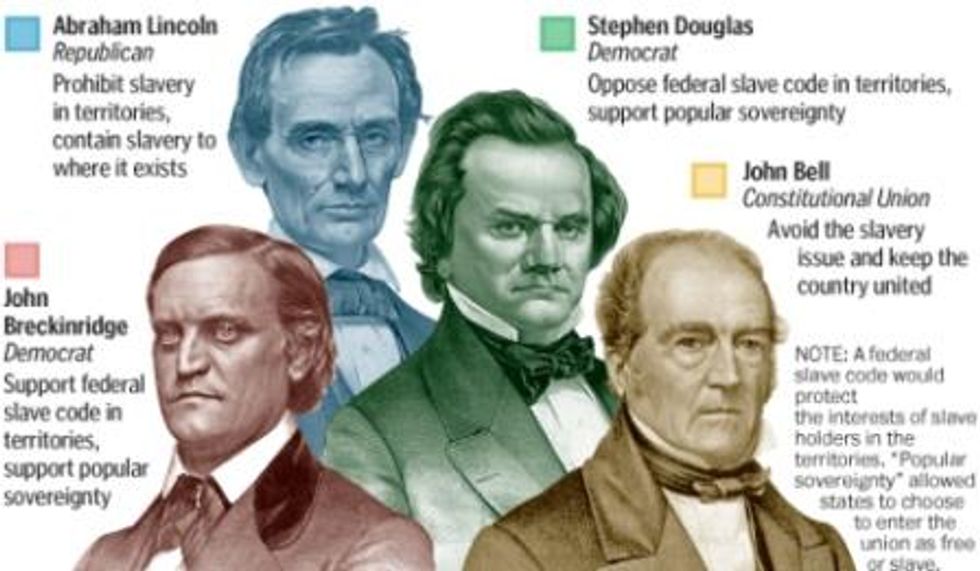
The impetus for secession was the election of Abraham Lincoln on November 6, 1860. Three days later, South Carolina declared the election of Lincoln a hostile act and stated its intention to secede from the Union. On December 20, 1860, South Carolina became the first state to secede from the Union. Before Lincoln was inaugurated in March 1861, seven slaveholding states had followed South Carolina’s lead. Why did they consider Lincoln’s election a hostile act? Of the four candidates in the 1860 election, Lincoln and the Republican Party had the harshest platform against slavery. Lincoln and the Republicans sought to prevent the extension of slavery into the territories and also believed the Fugitive Slave Law was unconstitutional. Therefore, the first seven states seceded because they believed Lincoln threatened slavery. So, let’s humor believers in Northern aggression as a cause of the war. Northern aggression, or the invasion of the South, was in response to secession, which was a result of Lincoln’s stance on slavery. Once again, an alternative cause of the war is tied to slavery in two moves. However, if we look back at the secession crisis of 1860 and 1861, we will find that the South, not the North, was the aggressor.
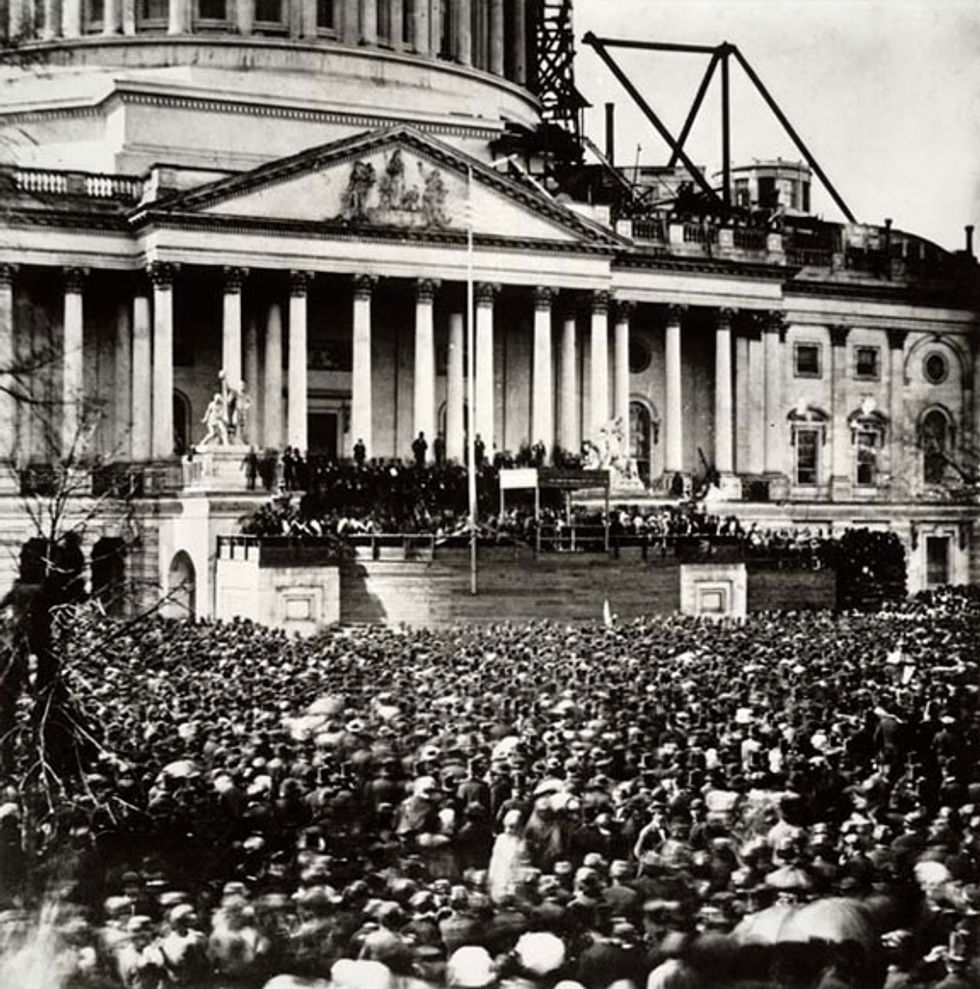
On March 4, 1861, Abraham Lincoln delivered his first inaugural address. Lincoln’s intended audience was the seven southern states who had seceded from the Union. The address had a conciliatory tone. Lincoln denounced secession, but assured slaveholding states that he had no intention, “to interfere with the institution of slavery in the States where it exists.” He also assured that he did not intend to invade, but simply to, “hold, occupy, and possess,” federal installations. In the second-to-last passage he informed the South that the beginning of the Civil War was in their hands claiming, “The Government will not assail you. You can have no conflict without being yourselves the aggressors.” Did Lincoln live up to this promise?http://avalon.law.yale.edu/19th_century/lincoln1.asp
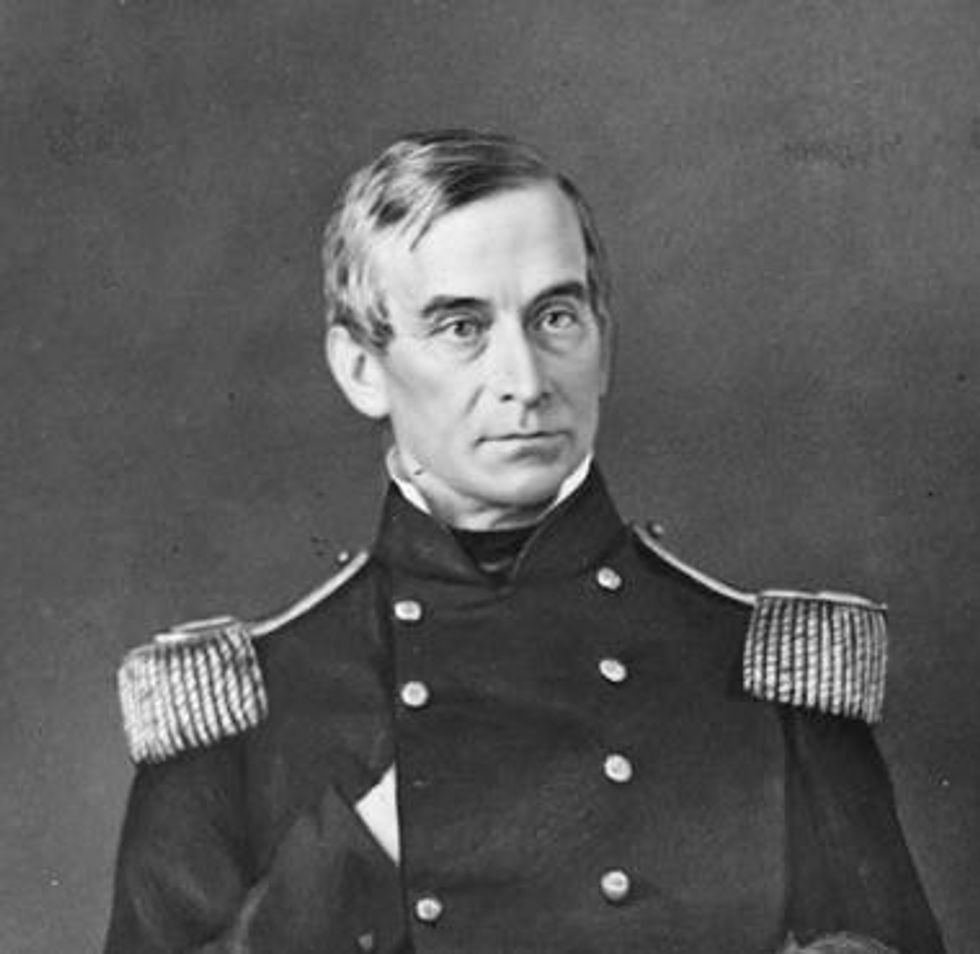
The federal installation that Abraham Lincoln most wanted to, “hold, occupy, and possess,” was Fort Sumter in Charleston, South Carolina. In fact, less than 24 hours after delivering his inaugural address, Lincoln received a report from Major Robert Anderson, commander of Fort Sumter, stating that Anderson was running out of food and supplies. Anderson stated that he would run out of supplies on April 15th, and that 20,000 well-trained troops were needed to resupply the fort. Lincoln and Anderson both knew that there were not 20,000 well-trained men available in the entire United States. What was Lincoln to do? He promised to hold federal installations in his inaugural address, but the force needed to hold Fort Sumter would be seen as an aggressive act. Lincoln’s predecessor, James Buchanan, had attempted to resupply Fort Sumter in January 1861 to no avail. Buchanan sent an unarmed steamer, Star of the West, with food and supplies to Charleston, but it was fired upon before it entered the harbor. This could have been the opening shots of the Civil War, but Buchanan simply ignored it. Lincoln decided to follow Buchanan’s lead, but with a little more firmness. On April 6th, Lincoln sent an expedition to resupply but not reinforce Fort Sumter. To place the onus of action on the Confederacy Lincoln informed Governor Francis Pickens of South Carolina of his intentions. On April 8th, Lincoln wrote to Pickens stating that he would resupply Fort Sumter. If the Confederates allowed the fort to be resupplied peacefully, then Lincoln said he would not reinforce the fort. However, if the expedition was fired upon, he would have to use force to resupply and reinforce the fort. In essence, Lincoln would not use force unless the Confederates were the aggressor just like he promised in his inaugural address.https://www.c-span.org/video/?298854-1/lincoln-fort-sumter-crisis
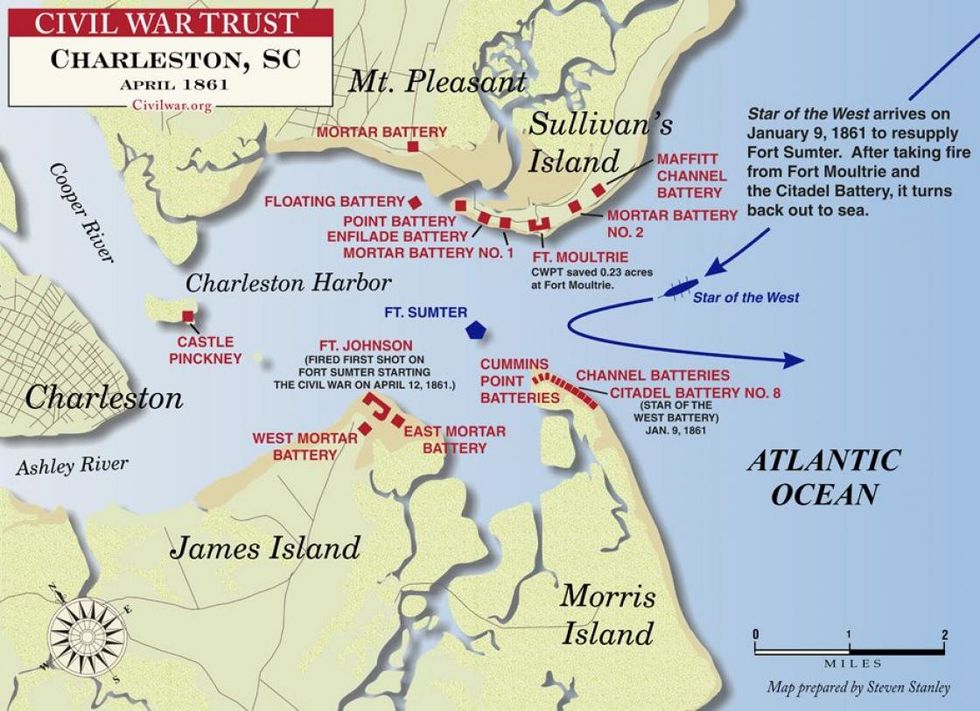
Jefferson Davis believed that resupplying Fort Sumter was a slight against Confederacy’s sovereignty. Davis was more concerned with being seen as weak than preventing a war. He ordered Pierre Gustave Toutant Beauregard, commander of Confederate troops in Charleston, to demand Anderson’s surrender, and if refused, to fire upon the fort. Anderson refused the ultimatum, so at 4:30 a.m. on April 12, 1861, Confederate batteries, which ringed Charleston Harbor, opened fire on Fort Sumter thus beginning the Civil War. Just as the Confederates opened fire, the first ship of the resupply expedition reached the mouth of the harbor. After a 34-hour bombardment, Anderson surrendered Fort Sumter and evacuated his garrison on April 14th. The next day, Lincoln called for 75,000 volunteers to put down the rebellion. As a result, four more slaves-states seceded from the Union.https://www.civilwar.org/learn/civil-war/battles/fort-sumter
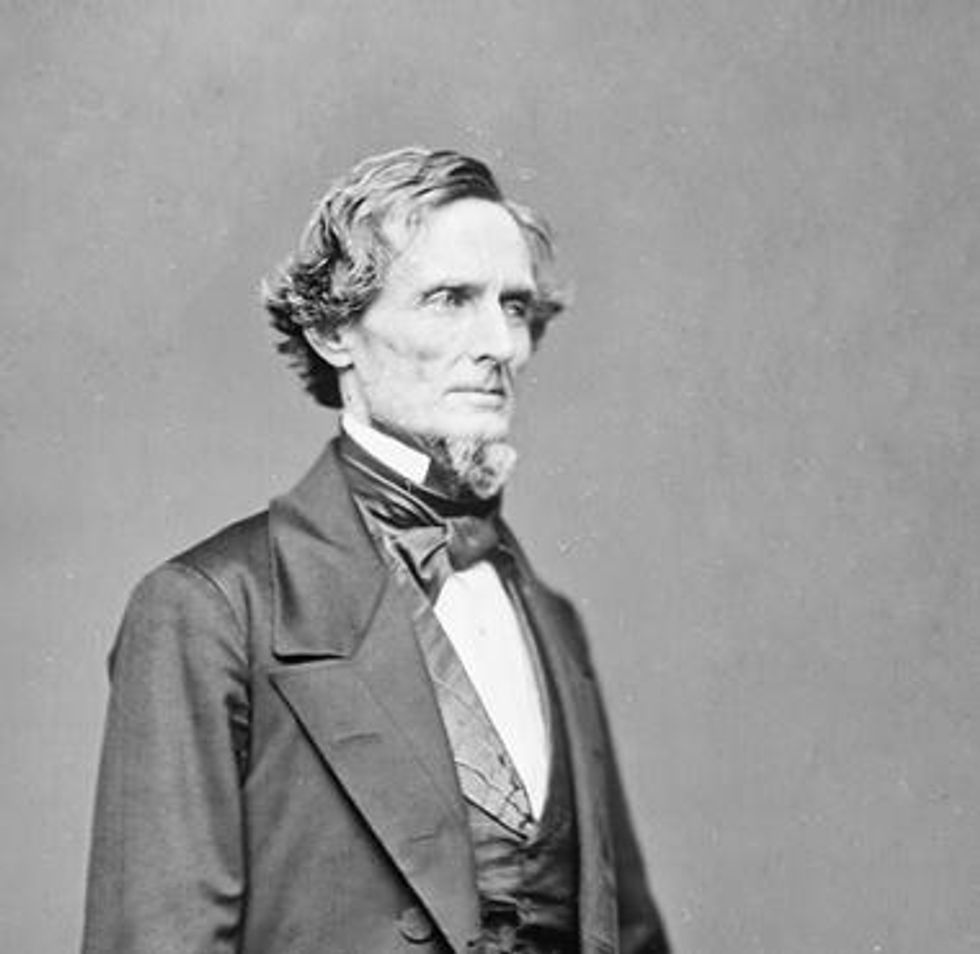
Was Lincoln the aggressor? In resupplying Fort Sumter, Lincoln was simply living up to the promise he made in his inaugural address. Some argue that Lincoln was the aggressor, because he maneuvered the Confederates into firing first. Although Lincoln put the ball in Jefferson Davis’ court, Davis did not have to act. Had Davis allowed for the fort to be resupplied, the crisis would have been prolonged, and Lincoln would have been forced to make another decision. Instead, Davis jumped the gun and fired on the fort before the expedition arrived. After the war, both Jefferson Davis and his Vice President, Alexander Stephens, argued that wars are not always started by those who fire the first shot. However, if a first shot of a war isn’t fired, then there can’t be a war in the first place. Even Lincoln’s response to the Confederacy’s aggression was moderate. In his proclamation for 75,000 volunteers, he never mentions invasion or forcing seceded states back into the Union. He merely stated that he was going to put down the rebellion and retake federal property. So, I rest my case, the Northern aggression that many perceived to bring on the war was a response to initial Southern aggression. https://www.c-span.org/video/?298222-1/person-year-1861-part-1



















